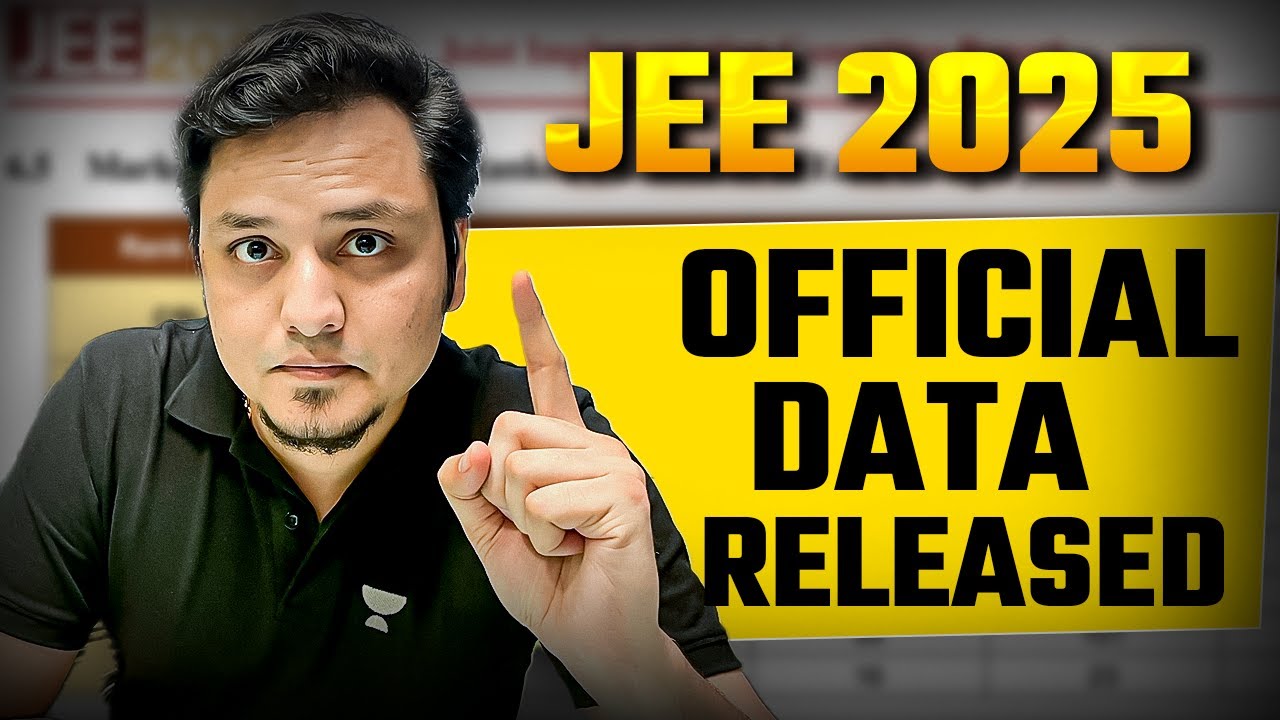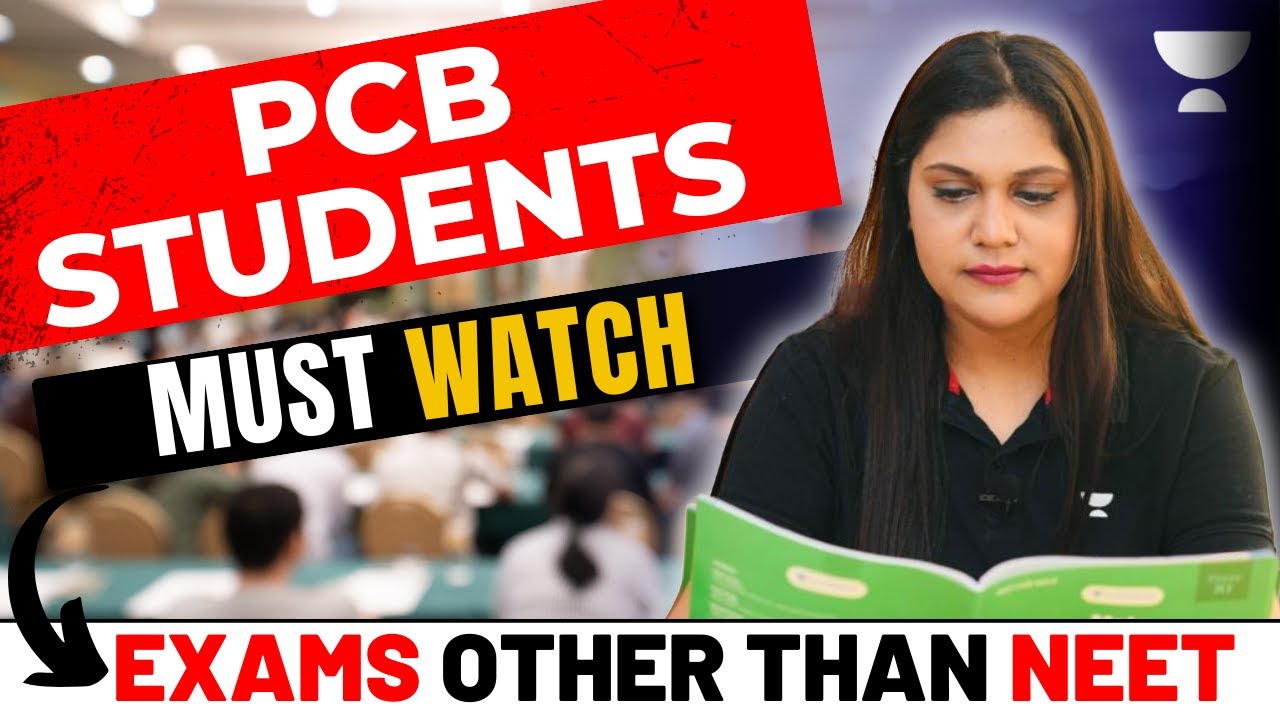🌍 GEOPOLÍTICA MUNDIAL - PARTE 1 | Quer Que Desenhe
Summary
TLDRIn this educational video, Marcos Oliveira from Descomplica explores the intricacies of global geopolitics, a subject of great interest for students preparing for college entrance exams. The script begins with a basic definition of geopolitics as the study of state relations and their behaviors, emphasizing the importance of territory, resources, and economic factors. It then delves into the historical evolution of world orders, from the multipolar early 20th century to the bipolar Cold War era, dominated by the US and the USSR. The video discusses the current unipolar military order with the US as the superpower and the emerging economic multipolarity with the rise of China, the EU, and Japan. It also touches on the United Nations' role in global governance, highlighting the Security Council's power dynamics and the ongoing debates about its reform. The video concludes by teasing the next episode, which will focus on regional issues and conflicts, encouraging viewers to download a comprehensive mind map for further study.
Takeaways
- 🌐 Geopolitics is the study of relationships between states and governments, focusing on their interactions and behaviors.
- 🏛️ Geopolitics encompasses a nation's territory, resources, needs, and the relationships it establishes with other states.
- 🔍 The economic aspect of geopolitics has gained significant importance in the context of capitalism, with trade agreements and natural resources being key factors.
- 🌟 The early 20th century saw the establishment of a global geopolitical order, with countries interacting more due to technological advancements.
- ⚖️ Before World War II, the world had a multipolar order with several powerful nations like the UK, France, USA, Germany, and Japan.
- 🌍 Post-World War II, a bipolar world order emerged, dominated by two superpowers, the USA and the USSR, leading to the Cold War era from 1947 to 1991.
- 💥 The dissolution of the Soviet Union in 1991 marked the end of the bipolar order and the rise of new global powers like the European Union, Japan, and China.
- 🌉 The current world order is described as unimultipolar, with economic multipolarity but military unipolarity due to the USA's dominance.
- 🕍 The United Nations (UN) serves as a platform for international debate and decision-making, aiming to maintain peace and security worldwide.
- 🏢 The UN Security Council, with its five permanent members, holds significant power, including the authority to authorize military actions and economic sanctions.
Q & A
What is geopolitics and how does it differ from regular politics?
-Geopolitics is a science that studies the relationships between states and governments, focusing on aspects such as territory, resources, and the interactions that result from these relationships. It differs from regular politics in that it encompasses a global perspective, considering international relations and the balance of power on a worldwide scale.
How has the economic aspect become significant in geopolitics?
-In the current context of capitalism, economic aspects such as trade agreements and the availability of natural resources have gained significant importance in geopolitics. These factors influence the power dynamics and relationships between countries.
What was the geopolitical order like at the beginning of the 20th century?
-At the beginning of the 20th century, the world had a multipolar order with multiple powers such as the United Kingdom, France, the United States, Germany, and Japan. There was a balance of power, with no single country strong enough to dominate the others.
How did World War II change the global geopolitical order?
-World War II led to the collapse of European colonial empires and the rise of the United States and the Soviet Union as superpowers. This resulted in a bipolar world order characterized by the Cold War, with the capitalist bloc led by the United States and the communist bloc led by the Soviet Union.
What is meant by the term 'unipolar' in the context of the post-Cold War world order?
-The term 'unipolar' refers to a world order dominated by a single superpower, in this case, the United States, which emerged as the preeminent military power after the dissolution of the Soviet Union in 1991.
What is the concept of 'unimultipolar' world order?
-The term 'unimultipolar' describes a world order that is economically multipolar, with multiple economic powers, but militarily unipolar due to the United States' superior military strength.
What is the role of the United Nations in the current world order?
-The United Nations serves as a platform for international debate and cooperation, aiming to preserve peace and security worldwide. It is structured into five main bodies, with the Security Council holding significant power to investigate disputes, authorize military actions, and impose economic sanctions.
Why have some countries called for a reform of the UN Security Council?
-Countries like Germany, Brazil, India, and Japan (G4 nations) have called for a reform of the UN Security Council to reflect the current economic multipolarity and to include them as permanent members. This would allow for a more representative and balanced decision-making process in global affairs.
What is the function of the UN Security Council's veto power?
-The veto power allows the five permanent members of the UN Security Council (the United States, Russia, China, the United Kingdom, and France) to prevent a resolution from being adopted by vetoing a proposal, ensuring that significant actions are not taken without the consent of these major powers.
How does the concept of a 'chessboard' relate to international relations as discussed in the script?
-The 'chessboard' metaphor is used to describe the complex and strategic nature of international relations, where countries maneuver and form alliances, much like pieces on a chessboard, to advance their interests and maintain a balance of power.
Outlines

هذا القسم متوفر فقط للمشتركين. يرجى الترقية للوصول إلى هذه الميزة.
قم بالترقية الآنMindmap

هذا القسم متوفر فقط للمشتركين. يرجى الترقية للوصول إلى هذه الميزة.
قم بالترقية الآنKeywords

هذا القسم متوفر فقط للمشتركين. يرجى الترقية للوصول إلى هذه الميزة.
قم بالترقية الآنHighlights

هذا القسم متوفر فقط للمشتركين. يرجى الترقية للوصول إلى هذه الميزة.
قم بالترقية الآنTranscripts

هذا القسم متوفر فقط للمشتركين. يرجى الترقية للوصول إلى هذه الميزة.
قم بالترقية الآنتصفح المزيد من مقاطع الفيديو ذات الصلة

QUINCAS BORBA - MACHADO DE ASSIS | Resumo e comentários

JIC Report Released‼️ OFFICIAL UPDATE for JEE 2025 - Complete Details 📈

How to Study for 1st year MBBS & Complete Guide NEXT PG 1st to final Yr MBBS | Dr Vivek Nalgirkar |

Phoenix 2.0: Biology Most Important Video for NEET 2025 | Unacademy NEET Toppers | Udaan

Top 10 Engineering Entrance Exams | Don't Miss ❌❌

GRANDEZAS ATÔMICAS
5.0 / 5 (0 votes)
